The season is spring and, once again, independence is in the air, fanned by a group of student journalists at the University of Hong Kong who steadfastly refuse to listen to their elders.
HKU may be riven by dissent and sinking fast in world rankings, but its student union publication, Undergrad, continues to punch well above its weight.
For the second consecutive year, the magazine’s writers have prompted extended public rebuttals from Hong Kong’s business and political elite with the publication of an article calling for the city to become independent from China after the 50-year lease on its constitutionally guaranteed autonomy expires in 2047.
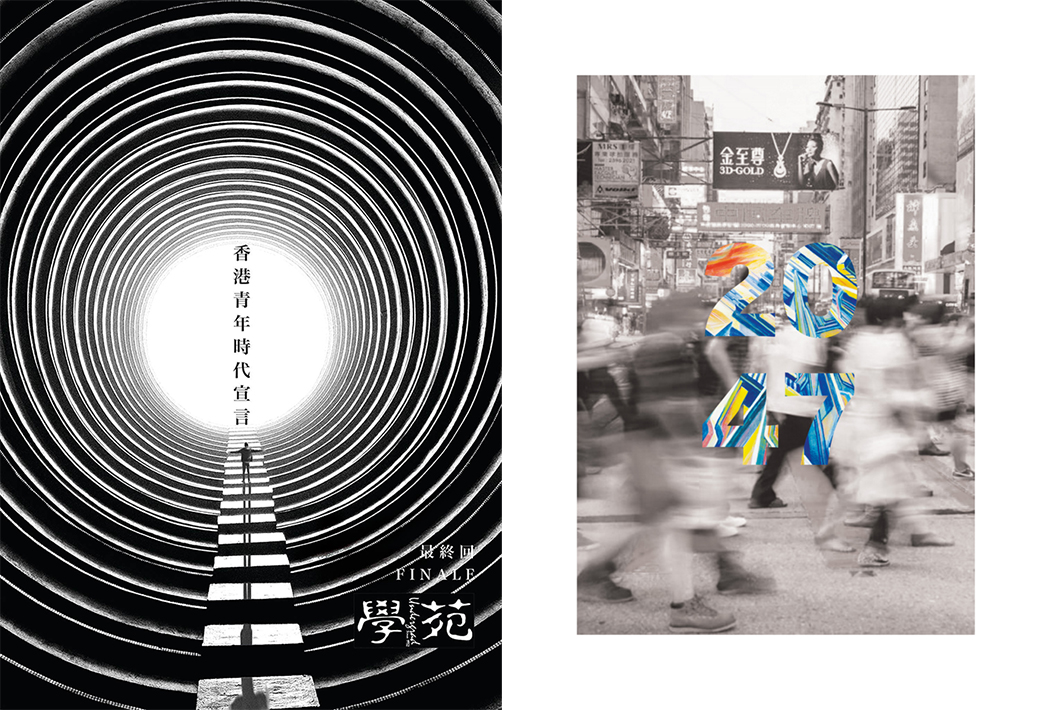
In last year’s policy address, Chief Executive Leung Chun-ying slammed Undergrad for “putting forward fallacies” about possible future self-determination for the city.
Last week, following the publication of “Our 2047,” another Undergrad article supporting independence, the city’s richest tycoon, Li Ka-shing, lashed out, dismissing the idea as “impossible” and “detached from reality.”
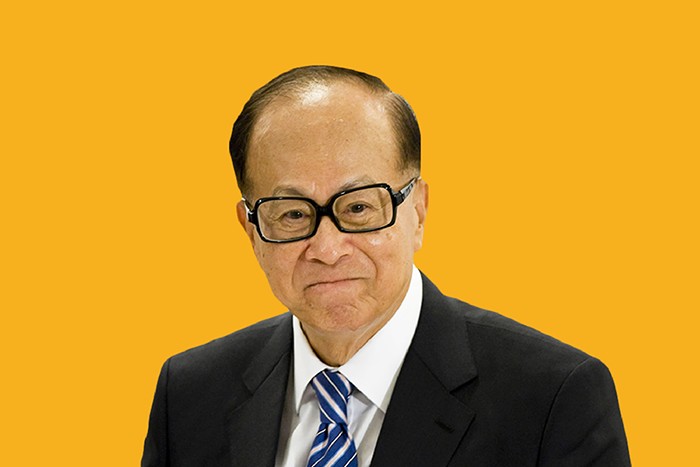
Other notables such as pro-Beijing lawmaker Starry Lee Wai-king, HKU governing council chairman Arthur Li Kwok-cheung and former justice minister Elsie Leung Oi-see were quick to join the chorus of disapproval.
For good measure, Qiao Xiaoyang, head of the National People’s Congress Law Committee and a former Basic Law Committee chairman, added an emphatic thumbs-down from the sidelines of the annual NPC gathering in Beijing.
But hold on: If the idea of Hong Kong as an independent city-state is so preposterous, why then do these hyper-busy heavyweights bother giving such time and attention to it?
The answer: It’s not so much that the Hong Kong elite worry about the city actually breaking away from the mainland and declaring itself another Singapore, but they are shaken by a broader mindset of resistance represented by the stubborn defiance of the HKU students who, like so many in Hong Kong, see the city’s unique identity gradually being swallowed up by our behemoth, totalitarian sovereign to the north.
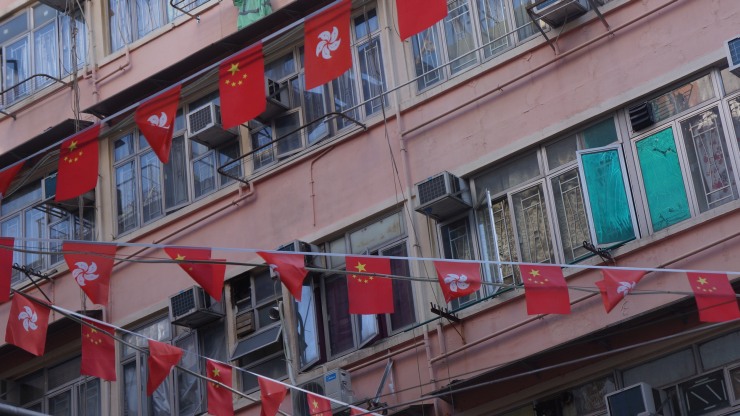
That’s the mindset, spreading among young people, that also registers concern in the corridors of power in Beijing, and it doesn’t appear to be going away any time soon.
Clearly, from the point of view of Chinese officials, the handover from British rule nearly 20 years ago has not gone according to plan. Beijing may have achieved the puppet government they desire in the city as well as the greater economic integration between Hong Kong and the mainland that pro-Beijing figures are quick to argue make any proposal for independence an empty pipe dream.
But the hearts and minds of many of Hong Kong’s 7.3 million people still run cold toward their northern neighbours, especially toward a political culture that entrenches one-party rule, silences opposition and bends, twists and breaks the law to its own ends.
That’s why so many of Hong Kong’s post-90s generation have turned their backs on almost everything associated with the mainland. That’s why bricks and glass are flying in Mong Kok. And that’s why Undergrad—unlike most of its “professional” counterparts in Hong Kong journalism— refuses to self-censor despite repeated blasts from powerful establishment figures.
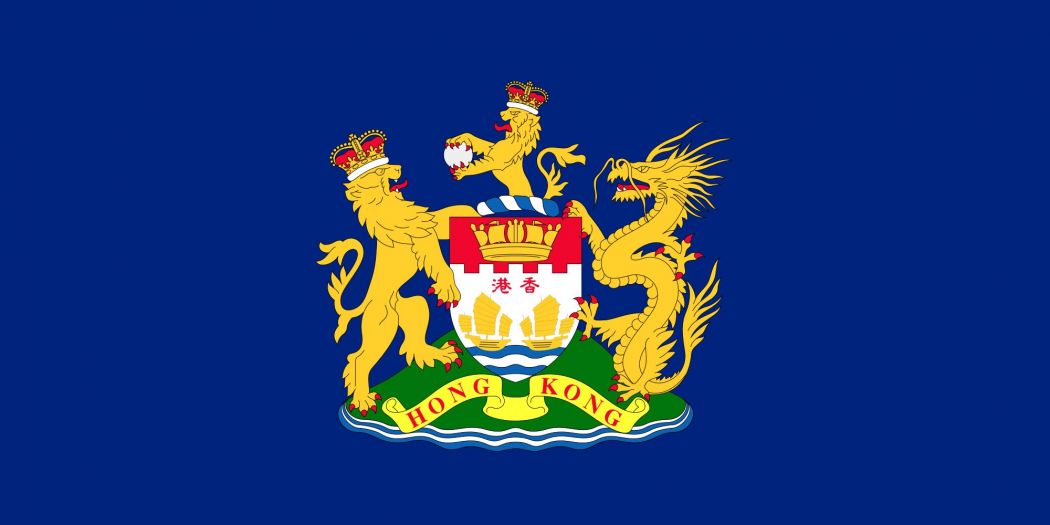
Who can blame them for not wanting to sign on to the “one country” half of the handover agreement when that country is snatching up Hong Kong booksellers for secret interrogations across the border?
And who would fault them for their youthful idealism? When Hong Kong’s younger generation abandons their ideals—that’s when the city will truly be in trouble.
No, barring some seismic shift in the future political and economic landscape, Hong Kong is not going to become an independent city-state come 2047.
Meanwhile, however, young people who love and want to preserve what’s best about their city should feel free to dream without having their ideas contemptuously dismissed by elders too myopic to see that change—not seismic, but change nonetheless—is coming as this younger generation grows further into political maturity and increasingly asserts itself.
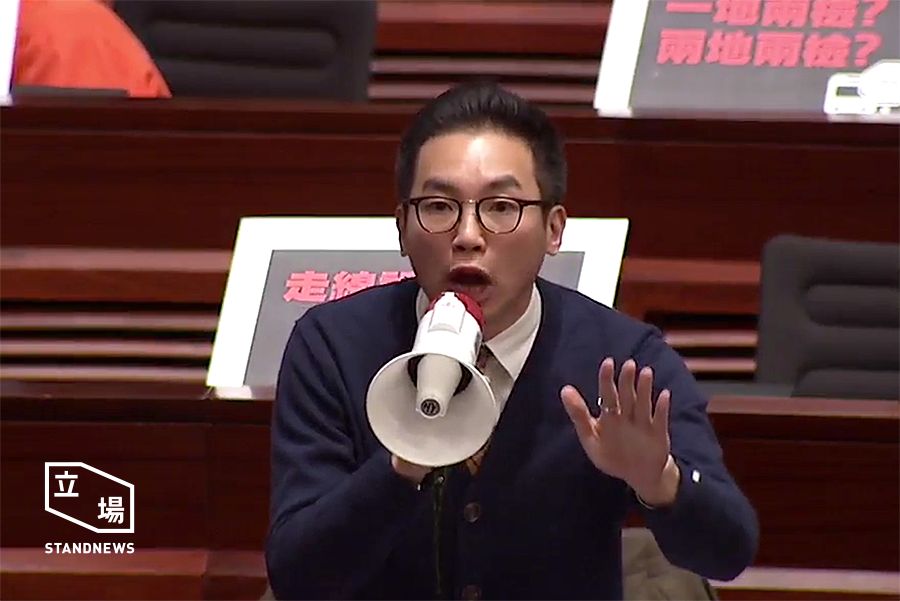
Alvin Yeung Ngok-kiu—the 34-year-old barrister who just last month won the New Territories East Legislative Council by-election on a Civic Party ticket—is one symbol of that change. Fresh from his victory, Yeung became a key figure in the last round of the Legco debate on whether to approve an extra HK$19.6 billion in funding for an unneeded express rail link to Guangzhou that has become one of the biggest white elephants in Hong Kong history.
As it turned out, the acting chairman of the Finance Committee, Chan Kam-lam, rammed the funding motion through on a rushed vote that excluded Yeung and his fellow pan-democratic lawmakers because they had left their seats in protest. Nevertheless, Yeung made his mark and the pan-dems made their point.
Only Chan’s underhanded tactics saved the government the embarrassment of suspending if not entirely abandoning the project, which will cost taxpayers HK$84.42 billion.
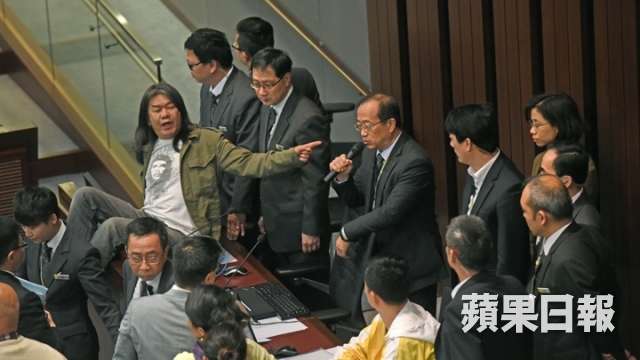
The Legco express rail debate was chaotic enough, with lawmaker “Long Hair” Leung Kwok-hung at one point throwing ink on Chan while some of his colleagues rushed the chairman’s table and tried to take his microphone from him.
What, then, will a Legco debate look like with the inevitable arrival of even more radical lawmakers such as, perhaps, Edward Leung Tin-kei, the Hong Kong Indigenous candidate who finished third in last month’s by-election with an impressive 15.4 percent of the vote.
Leung and his followers in Hong Kong Indigenous and other localist groups—distasteful as their violence-embracing and nasty anti-mainland rhetoric can be—are another, darker symbol of the new politics of Hong Kong and, like it or not, their support is growing.
A deputy director of the Hong Kong and Macau Affairs Office, Zhou Bo, acknowledged as much in Beijing last week when he accepted as “normal” the prospect of young radicals winning seats in Legco, and he was echoing the words of another of the office’s deputy directors, Feng Wei, who has advocated patience and restraint in handling Hong Kong affairs.
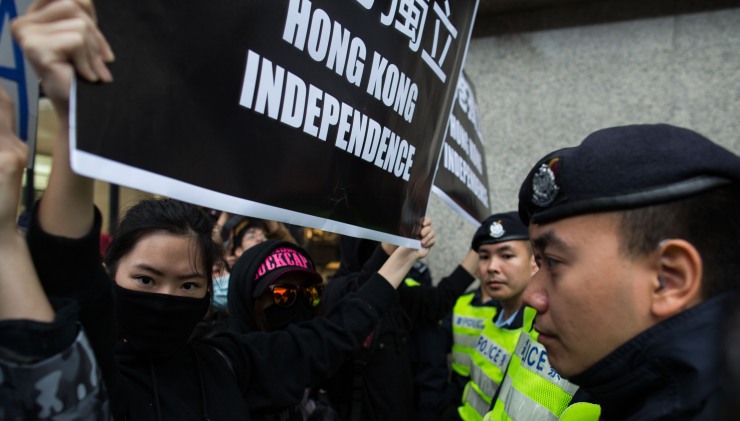
Gone now is the talk of “separatism” and “terrorism” in Hong Kong that was part of the hard line Chinese officials took in the immediate aftermath of the Mong Kok riot on the first night of the Lunar New Year. In the wake of Yeung’s victory and Leung’s strong showing in the by-election, Beijing—apparently fearful that it might be stoking the very radicalism it is trying to stifle—has clearly softened its approach.
Indeed, when questioned about the violence in Mong Kok at a press conference marking the end of the NPC meeting, Premier Li Keqiang was careful to avoid the language of threats and fear, instead expressing his confidence that the Hong Kong government has “the capability and the public the wisdom to handle all the complex problems and situations facing Hong Kong.”
No hint of Tibet or Xinjiang there.
Hong Kong’s younger generation is unlikely ever to realise the independence of their dreams. It seems evident, however, that the Chinese leadership now regards them as a force to be managed and, to a degree, even accommodated.
That in itself is no small victory.
